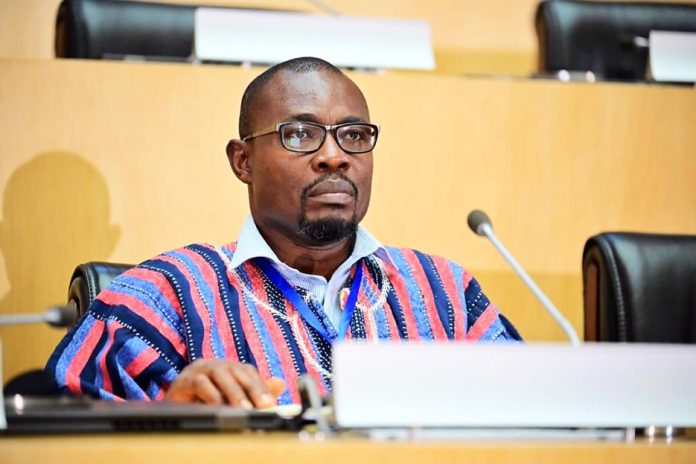Dr Gad Asorwoe Akwensivie, a renowned land expert, has emphasised the urgent need for a comprehensive overhaul of Ghana’s land administration systems to address longstanding inefficiencies and promote sustainable development.
He highlighted the persistent challenges in land acquisition and registration, including indiscipline in the land market, limited access to land, multiple sales of the same parcels, frequent litigation and weak administrative systems.
These issues, extensively documented in the 1999 National Land Policy have hindered both individual and national development for decades.
After analysing the land policy proposals of various political parties, Dr. Akwensivie commended the National Democratic Congress (NDC) for its pragmatic and results-oriented solutions.
Central to the NDC’s agenda is the revision of the 1999 National Land Policy to align with contemporary realities. This initiative forms a key component of its Building-The-Ghana-We-Want-Together framework.
The proposed updated policy focuses on ensuring equitable access to land, promoting efficient resource utilisation and enhancing land tenure security. It also seeks to address critical environmental and socio-economic concerns.
Acknowledging the significance of customary land administration in Ghana, the NDC, under the leadership of John Dramani Mahama, proposes robust support for traditional authorities to resolve land disputes and prevent litigation.
Key initiatives include government incentives for traditional authorities to survey and demarcate their territories, facilitating the creation of registered boundary plans.
A Presidential Commission tasked with resolving long-standing land disputes, overlapping claims and conflicting court judgments.
The Commission will also ensure compensation for stools, families and clans for acquired lands while returning vested lands to rightful owners.
These measures aim to minimize conflicts, enhance land tenure security and make Ghana’s land market more attractive to investors.
A key reform is the introduction of a Citizens Service Delivery Charter, initially rolled out in the Greater Accra Region.
The charter will establish clear service timelines, such as completing land title registrations within 30 days and mortgage registrations within 20 days.
These reforms are expected to reduce bureaucratic inefficiencies, curb corruption and rebuild public trust in state land agencies.
To address public concerns over large-scale land acquisitions and abuses of power in land allocations, the NDC proposes a transparent framework that safeguards the rights of vulnerable groups, particularly women and youth. This system aims to rebuild confidence in public land management and prevent exploitation.
The NDC envisions land administration as a cornerstone for economic growth and social transformation.
By reducing litigation, securing tenure, and improving service delivery, the party aims to create an enabling environment for development and foreign investment.
Through these reforms, Dr. Akwensivie said Mahama’s proposed policy seeks to build a Ghana where land is secure, accessible, and managed efficiently – laying the foundation for sustainable progress and equitable opportunities for all citizens.









